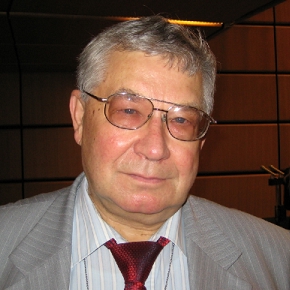 |
||
|
Japan Says Fukushima Decontamination Must Be Area-Specific RIA Novosti, PUBLISHED 08.08.2014 Measures to further reduce the ongoing effects of the Fukushima Daiichi nuclear disaster include decontamination work in surrounding areas with realistic targets to lower radiation exposure doses, Japanese newspaper Yomiuri Shimbun reported. “The government has set a long-term decontamination goal of reducing individuals’ annual radiation exposure to 1 millisievert or lower, equivalent to 0.23 microsievert or less in terms of air dosage per hour,” the newspaper reported, explaining the Japanese Environment Ministry’s plan. According to Forbes magazine the average person receives roughly 2.4 millisieverts of radiation exposure a year. Radiation is emitted from many sources including cosmic rays, X-rays, brazil nuts, granite and smoking cigarettes. Topics: NPP Fukushima Daiichi Other news: Ex-TEPCO Executives to Face Criminal Charges Over Fukushima Disaster The decision of the 11-member public panel concerns Tsunehisa Katsumata, chairman of TEPCO at the time of the disaster, and two former vice presidents – Sakae Muto and Ichiro Takekuro. Russian, Chinese Companies Sign Memorandum to Build Floating Nuclear Plants The memorandum was signed by Dzhomart Aliev and CNNC New Energy President Tianlin Qian. Construction of Brand New US Nuclear Plants Hampered AP agency reports on a number of quality and cost problems that now cast doubts about if the nuclear energy would ever dominate other electricity sources. |
Hero of the day 
The ISTC Responsible Science Program and Subprogram Culture of Nuclear Nonproliferation The dual-use nature of nuclear technology consisting in the potential for its application equally in peaceful and military sphere is the basic contradiction for the existing nuclear nonproliferation regime and comprehensive development of the nuclear power and nuclear fuel cycle. INTERVIEW
Jerry Hopwood OPINION
Joint Plan of Action |

